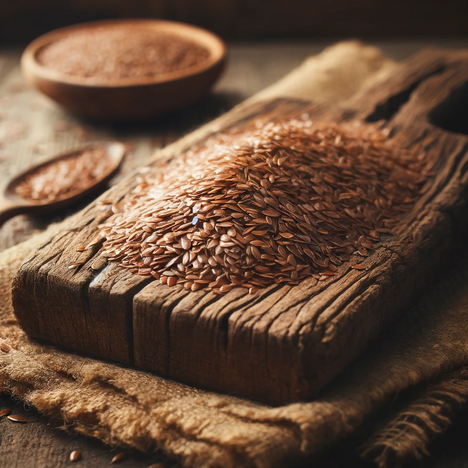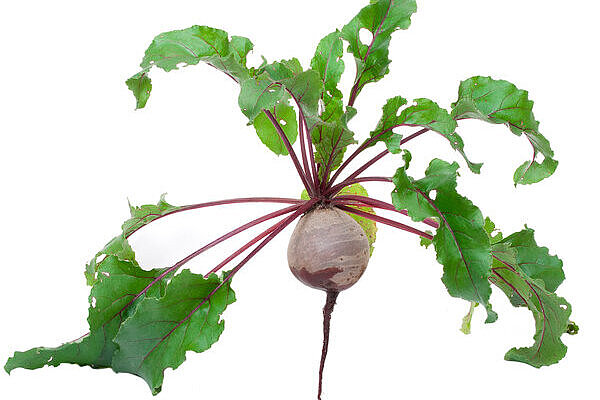Linseed fiber

What is flaxseed fiber?
Flaxseed fiber is extracted from the husks of flaxseeds and is rich in soluble and insoluble fiber. These fibers play an important role in the diet as they aid digestion and help maintain a healthy intestinal tract. In addition to fiber, flaxseed also contains valuable omega-3 fatty acids, lignans and proteins, making it a nutrient-rich superfood.
Benefits of flaxseed fiber for dogs
Support for digestion
The fiber contained in flaxseed fiber can significantly promote intestinal health. They help to soften stools, which can be a great relief for dogs prone to constipation. The fibers also stimulate intestinal motility, which leads to more regular digestion.
Promotion of intestinal health
The prebiotic effect of the soluble fibers in flaxseed supports the growth of beneficial intestinal bacteria. A healthy gut microbiome is crucial for the dog's immune system and general well-being.
Reduction of inflammation
Omega-3 fatty acids, also found in flaxseed, have anti-inflammatory properties. They can help alleviate symptoms of conditions such as arthritis and contribute to overall skin and coat health.
Weight management
Flaxseed fiber can also help with weight management by promoting a feeling of satiety and reducing calorie intake. This is particularly beneficial for dogs that are prone to obesity.
Disadvantages and risks
Potential risk of incorrect dosage
Excessive intake of flaxseed fiber can lead to digestive problems such as bloating, diarrhea or constipation. It is important to find the right dosage to avoid negative effects.
Interaction with medication
Flaxseed fiber can affect the absorption of medications. If your dog is taking certain medications, you should speak to a vet before introducing flaxseed fiber into their diet.
Quality and processing
The quality of the linseed plays an important role. Inadequately processed linseed may contain harmful substances that could be detrimental to your dog's health.
Finding the right balance
Flaxseed fiber can be a valuable addition to your dog's diet, provided it is dosed correctly and offered in high quality. The potential benefits, such as promoting digestive health and anti-inflammatory properties, make it an attractive addition to the daily diet. However, as with all supplements, the same applies here: It is better to be safe than sorry. Overdosing or choosing an inferior product can do more harm than good. With the right approach, flaxseed fiber can help improve the health and well-being of your faithful companion.
If you notice any signs of hypersensitivity or poisoning in your dog, you should see your vet immediately. We are not a substitute for a vet, but we try to be as accurate as possible. Every dog reacts differently and we recommend you get a second opinion or consult your vet if in doubt.
Stay healthy and take good care of your four-legged friend!😊
Similar to Linseed fiber
Bamboo fiber is a natural fiber obtained from the stem or leaves of the bamboo plant. It is spun into a fine yarn that can then be processed into various textiles. Bamboo fiber has many positive...
Hemp fiber is obtained from the stalks of the hemp plant (Cannabis sativa), a plant best known for its use in the textile industry and for its bio-based materials. Unlike the psychoactive compounds...
Beet fiber is a by-product of sugar production from sugar beet. The sugar beet is crushed, boiled and pressed to extract the sugar. The remaining fibers are called beet fibers. They are almost free...
Coconut fiber, also known as coir, is a natural product obtained from the outer husk of the coconut. It is known for its robustness and is often used in industry to make ropes, mats and other...



